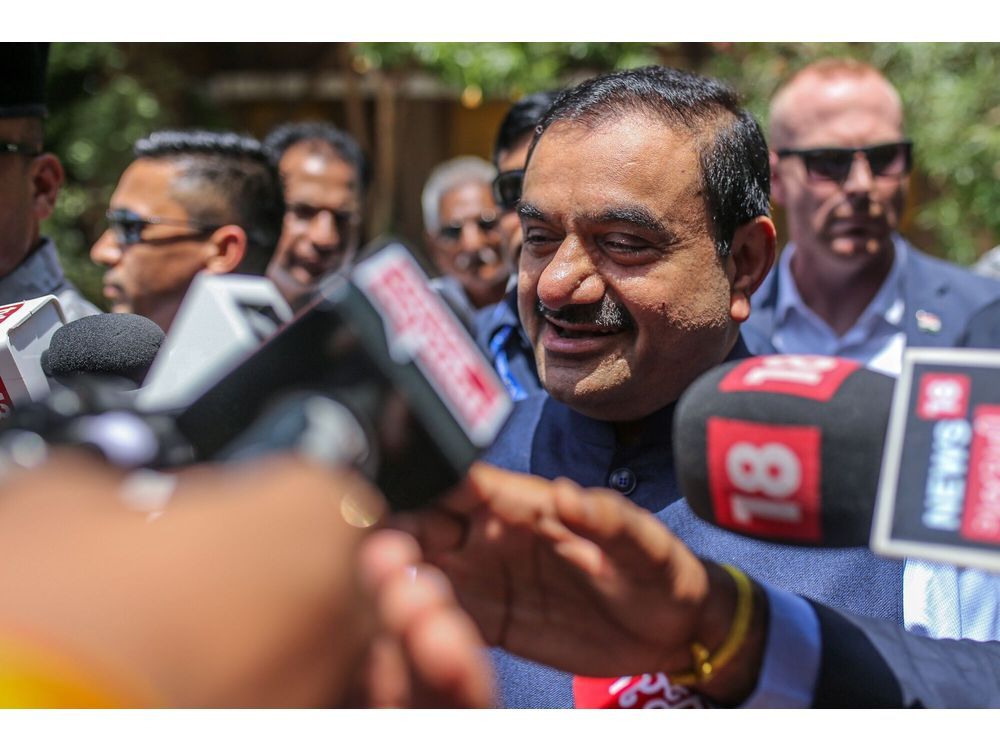Your debt-to-income ratio is one of the most important factors lenders look at when considering a loan. This number tells them how much of your income goes towards debt payments each month. In this blog post, we will discuss what the debt to income ratio is, and how it is calculated. We will also provide some tips on how to improve your ratio if it is not where you want it to be.
What is the debt-to-income ratio?
Your debt-to-income ratio is the percentage of your monthly income that goes towards paying down debts. Lenders use this number to assess your ability to make loan payments. A high debt-to-income ratio indicates that you are using a large portion of your income to pay off debts, which may make it difficult to make loan payments. A low debt-to-income ratio, on the other hand, indicates that you have a good amount of income left over each month after making debt payments, which means you should have no problem making loan payments.
How is the debt-to-income ratio calculated?
Debt-to-income ratio is calculated by dividing your monthly debt payments by your monthly income. This includes things like mortgage payments, car loans, credit card payments, and any other debts you may have. The resulting number is then expressed as a percentage. For example, if your monthly debt payments are $2000 and your monthly income is $6000, your debt-to-income ratio would be 33%.
There are a few things you can do to improve your debt-to-income ratio. One is to simply make more money. This may mean working overtime or getting a second job. Another option is to reduce your monthly debt payments by paying off some of your debts. You can also try to negotiate lower interest rates on your loans.
If your debt-to-income ratio is not where you want it to be, don’t despair. There are things you can do to improve it. With a little effort, you can get your debt under control and improve your financial situation.
Can paying off my debt improve my debt-to-income ratio?
Yes, paying off your debt can improve your debt-to-income ratio. When you pay off debt, you reduce the amount of money you owe each month. This leaves you with more money to put towards other things, like savings or investments. In turn, this can help to improve your debt-to-income ratio.
What are other tips for improving my debt-to-income ratio?
There are a few other things you can do to improve your debt-to-income ratio. One is to try to negotiate lower interest rates on your loans. Another is to make extra payments on your debts each month. By doing this, you can reduce the amount of interest you owe, and also shorten the length of your loans. This will help to lower your monthly payments and improve your debt-to-income ratio.
If you’re struggling with a high debt-to-income ratio, there are things you can do to improve it. With a little effort, you can get your debt under control and improve your financial situation.
The bottom line
Your debt-to-income ratio is an important factor that lenders look at when considering a loan. A high debt-to-income ratio may make it difficult to make loan payments. There are a few things you can do to improve your debt-to-income ratio, including making more money, paying off debt, and negotiating lower interest rates on your loans. With a little effort, you can get your debt under control and improve your financial situation.
Do you have a high debt-to-income ratio? What steps are you taking to improve it? Let us know in the comments below.
Further questions
What's your question? Ask it in the discussion forum
Have an answer to the questions below? Post it here or in the forum

A proposal to give up search and user data faces long odds but still raises the stakes for the company.

After US federal prosecutors charged Gautam Adani and several associates with fraud, media coverage in India has ranged from dryly factual to over-the-top in its defensiveness, revealing a divide over how to appraise bribery accusations against one of the nation’s richest businessmen.

As artificial wave pools proliferate around the world, surf park developers aim to go green to counter criticism over energy and water use.

